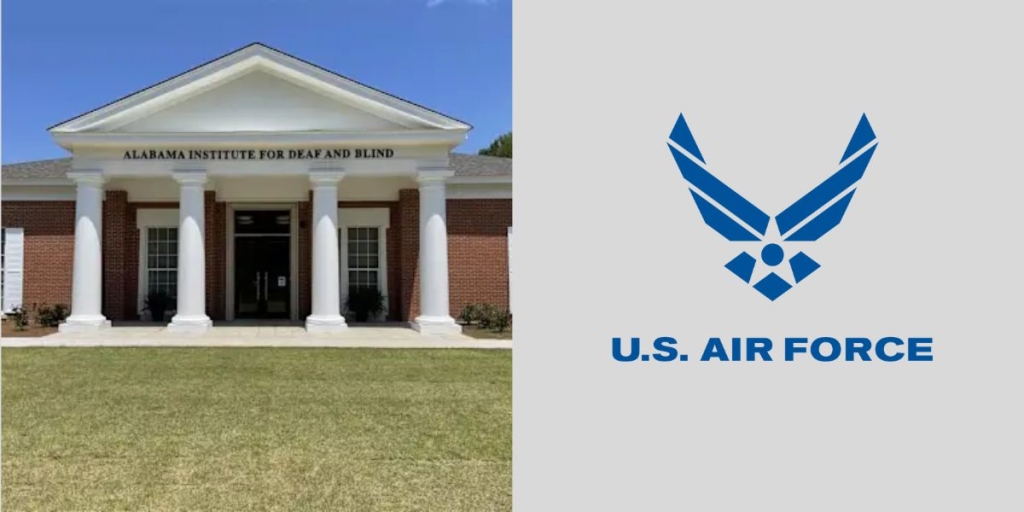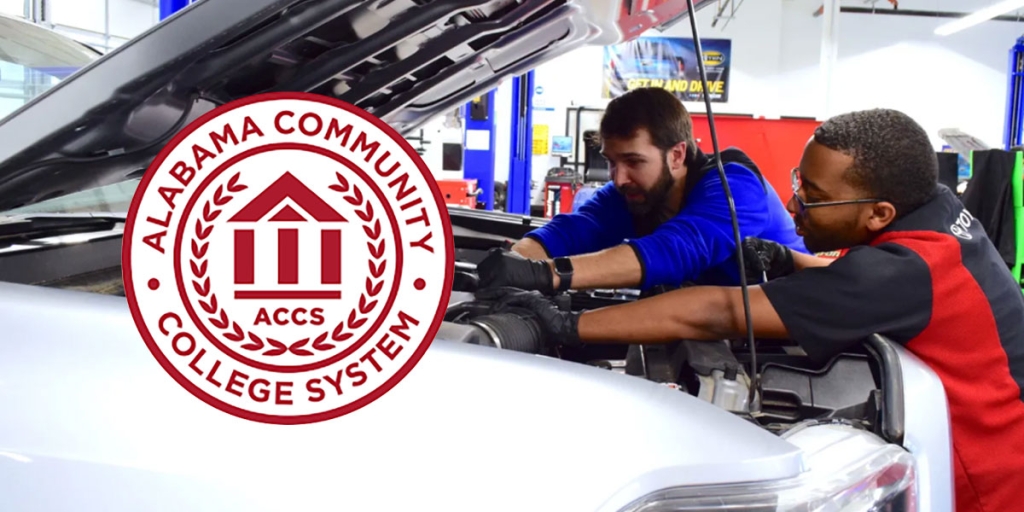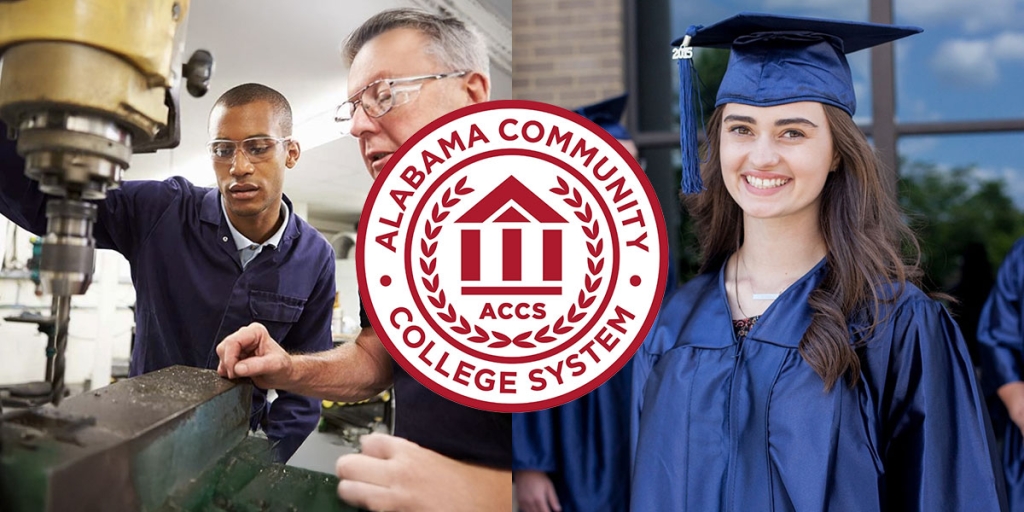The Alabama Community College System introduced three new programs designed to address employment, child care, and recidivism.
Supported by the Alabama Department of Human Resources, the Youth Summer Employment Program, Child Care Training Program, and Transition to Employment Program were announced on Tuesday, April 23, at Trenholm State Community College.
Each program will serve to “increase Alabama’s labor force participation and reduce residents’ dependency on state financial assistance programs.”
The Summer Youth Employment program allows colleges within the ACCS to “employ current, past and prospective students ages 16 to 24 for summer employment and on-the-job training opportunities.” The program specifically aims to provide skill development opportunities for students in families whose income level is at or below 200% of the poverty level.
“Students benefit in many ways, including the opportunity be on a college campus and become aware and prepared for their academic journey when they’re as young as 16,” said Chardae Austin, a student coach at Wallace Selma Community College. “They also get to see the ins and outs of how the college admission process works, the responsibilities of different departments, and how they fit in as a student. On top of these benefits, they’re earning a paycheck.”
RELATED: Building Alabama’s future workforce: Over 5,300 companies partner with ACCS
Wallace Selma first participated in the summer work program in 2022, and estimates that dozens of students have benefitted from the program.
The Child Care Training Program, supported through Alabama’s Adult Education Division at ACCS, provides “citizens who are interested in working in child care with the core skills they need to compete for livable wage careers within child care.”
The newest program, the Transition to Employment Program, connects previously incarcerated citizens to “sustainable wage jobs through a network of employers.” Many potential employees earned credentials through Ingram State Technical College, the state’s sole prison education provider.
“DHR’s goal is to support residents in need to find opportunities and training allowing them to break the cycle of dependency and change the direction of their lives,” said Alabama DHR Commissioner Nancy Buckner. We could not accomplish this goal without a partner in the Alabama Community College System, which allows us to bring together academic and workforce education to help Alabamians have a strong foundation for their future.”
RELATED: Alabama approves training courses for high schoolers
“The Alabama Community College System exists to provide opportunities that help residents beyond the classroom, and we’re able to do so with strong advocates to education and residents’ success like DHR,” said Jimmy H. Baker, Chancellor of the Alabama Community College System. We appreciate the trust invested in our ability to reach residents with the programs that impact their ability to reach their greatest success.”
Residents can contact their local adult education provider or ACCS DHR Project Director for more information on the programs.
The ACCS, a network of 24 community and technical colleges with an estimated economic impact of $6.6 billion, fields several other programs, such as the Alabama Technology Network, “which provides extensive training and service offerings directly to business and industry,” and the high school-oriented Skills for Success program.
Grayson Everett is the state and political editor for Yellowhammer News. You can follow him on Twitter @Grayson270










